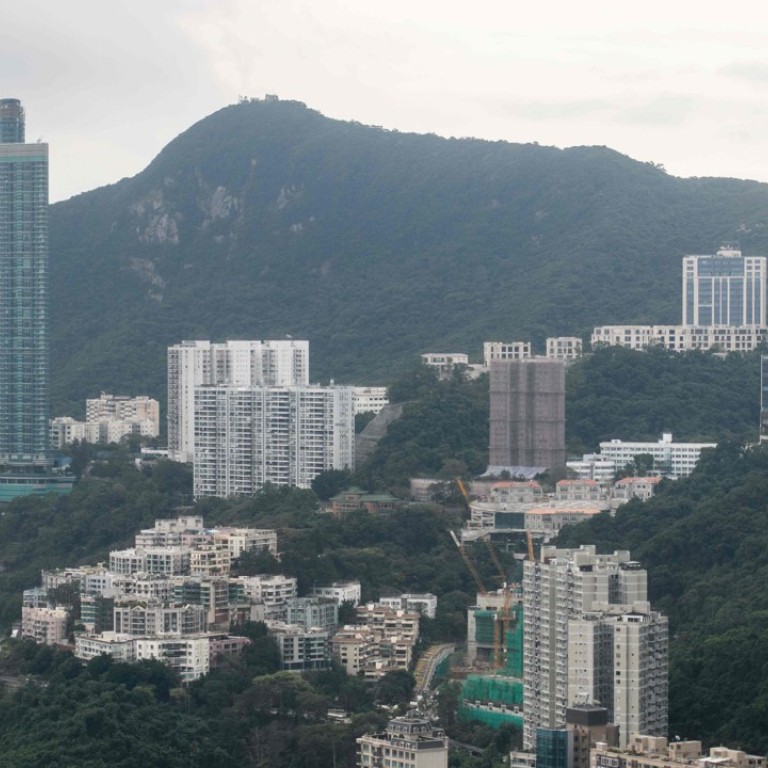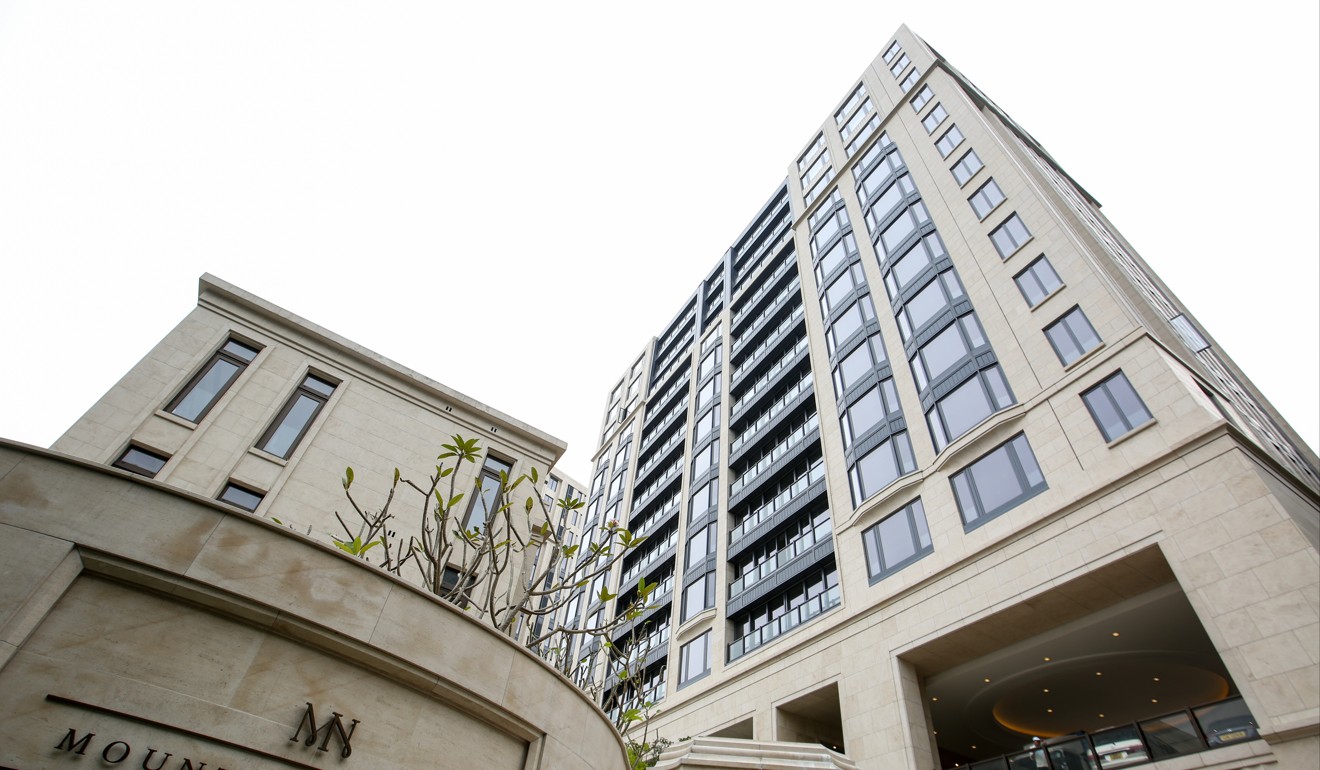
Hong Kong's ultra-luxury residential prices will defy turning point in the broader home market
Ultra-luxury home prices in the city expected to continue trending higher as mainland billionaires seek out overseas assets
Luxury mansion sales in Hong Kong have become detached from the underlying economy, amid a narrow supply of suitable physical properties and growing demand from an influx of mainland Chinese billionaires seeking to secure homes in the city, according to analysts.
At least 82 ultra-luxury homes, or those worth at least HK$314 million (US$40 million), have sold in the city in the last 30 months, according to Mark Fogle, managing director and head of real estate at Baring Private Equity Asia.
“We don't see this [trend] abating,” Fogle said, noting that on average 20 to 30 luxury homes are released on the market yearly.
Historically, sales of these luxury homes in the city have been split evenly between Hong Kong buyers and those from the mainland. In the last four months, however, about 75 per cent of the new purchases were by high-net-worth mainland buyers, Fogle said.
“Hong Kong is totally different from any other market in the world. Just in the last 30 months, there were 82 homes sold that were priced above US$40 million, which is unheard of, and the average price of those homes is US$84 million,” Fogle said.
Mainland billionaire Zhu Xingliang is the owner of Asia's third most expensive flat, located at the exclusive Mount Nicholson development on The Peak.
Zhu, from Suzhou, was revealed as the buyer of the 4,266-square-foot flat on the 10th floor of the development's third phase, according to data released by the Land Registry in December.
With a net worth of US$2.6 billion, Zhu was the 112th on the 2017 Forbes list of the wealthiest people in the mainland.
Fogle believes that demand for upscale property among mainland elites is still in its infancy.
“Out of the 2,000 people on the Hurun Rich List, only 20 or 1 per cent have been able to acquire a home in Hong Kong,” Fogle said.

Part of the appeal is the stability of luxury Hong Kong property as an investment.
“As soon as they [mainlanders] make their wealth, they tend to buy office buildings, apartment blocks or a house in Hong Kong,” Fogle said. “It's not like when there's a dip, [the price of a] luxury home plummets, and it's sold. Here in the luxury market, it's really maintained its value.”
Measures imposed by the Hong Kong government to tamp down real estate prices, such as 30 per cent stamp duty on non-resident buyers, have been ineffective when it comes to the luxury sector. Nor have attempts by Beijing to stem the outflow of capital been a major roadblock by mega-wealthy Chinese investors, many of whom have already parked their money in Hong Kong.
“Most of these investors already have their cash in Hong Kong. Some of them have listed companies, many have businesses or assets here, and they're just converting to buying homes or buying office buildings,” Fogle said.
Hannah Jeong, senior director for valuation and advisory services at Colliers International Hong Kong, believes that ultra-weathly mainlanders will continue to find Hong Kong attractive.
“Although yuan outflow restrictions seem to have affected the surface of fund movements, currently funds are diluted by wealth management companies or trusts, and are still able to support luxury residential assets,” Jeong said.

